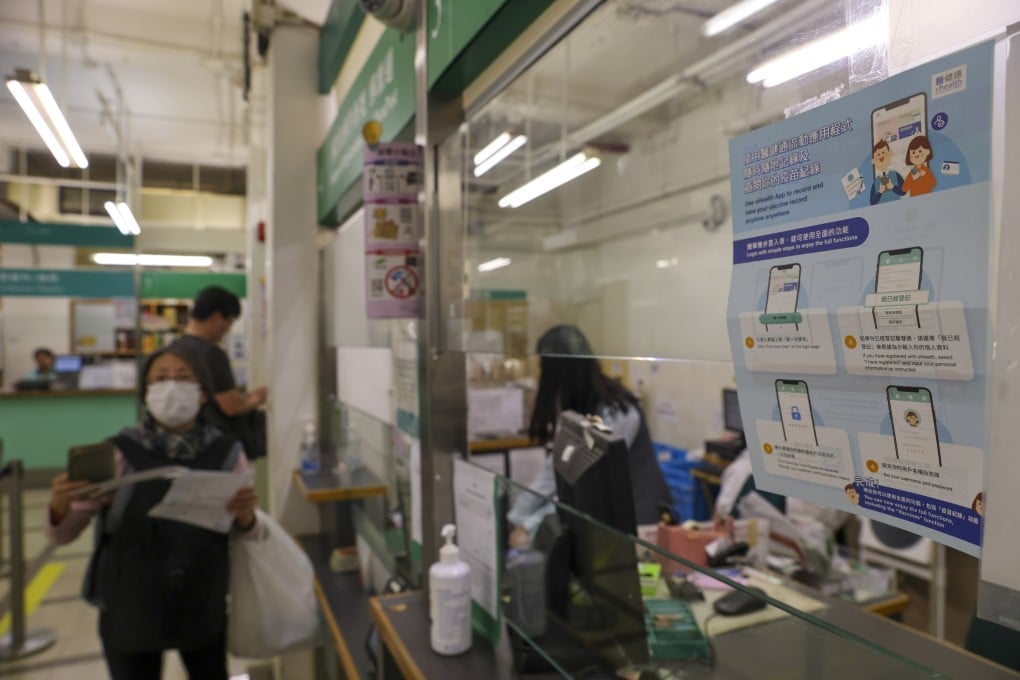Letters | How Hong Kong can turbocharge e-sharing of medical records
- Readers discuss plans to upgrade the government’s eHealth system, and the fine line between an independent review and advertising

Launched in 2016, eHealth is a system that allows healthcare providers to access patients’ records in public and private healthcare facilities with the patient’s authorisation, thus helping reduce medical errors.
Registration figures for eHealth across the city look good. All public and private hospitals and nearly 3,000 private healthcare organisations have registered to use the platform, involving about 5,400 service locations and 80 per cent of the total number of registered doctors. In addition, 80 per cent of Hong Kong’s population have also registered for the service.
However, of the 6 million registrants, more than 70 per cent have not given “sharing consent” to private healthcare providers that would authorise private doctors to upload their medical records. As a result, information uploaded by private medical organisations accounts for less than 1 per cent of the data on the platform, which “has become an obstacle” to providing “continuity of care”, according to the Health Bureau.
One of the reasons is privacy concerns, according to local patient rights concern groups. Privacy and data ownership of digital health records are issues that remain unresolved in many places.